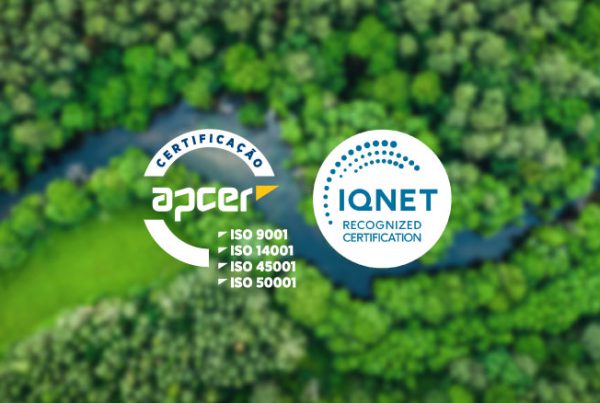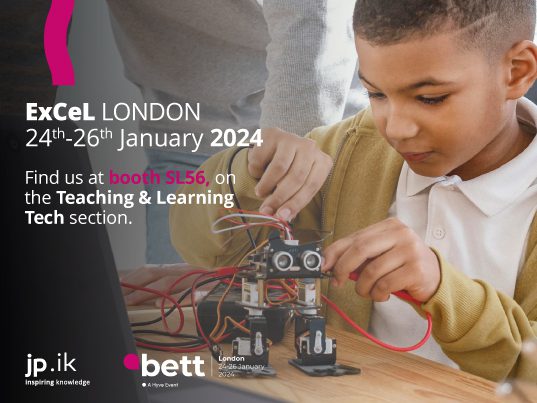World leader in implementing technological solutions for Education, jp.ik took advantage of its participation in Innovation Africa to showcase the innovative Popup School, responding to the scarcity of school infrastructure in some regions of the world.
From October 23 to 25, jp.ik participated in Innovation Africa in Maputo, Mozambique, the great ministerial meeting of reference in Africa.
This 7th edition brought together 50 ministerial officers and ministers from the areas of Education and Information and Communication Technologies from 30 countries of the African continent. All participants share the same desire – driving digital transformation in Education.
For three days, essential themes to the transformation of Education on the African continent, such as the impact of the digital economy, were debated; the importance of implementing coherent Educational reforms in Africa; the efficient coordination of public-private partnerships in the context of Educational projects that integrate technological innovation, or the relevance of an efficient financing model in Education projects.

In his opening address, Filipe Jacinto Nyusi, President of the Republic of Mozambique, emphasized that investing in Education is essential to fight poverty – “young people are agents of change, capable of contributing to the creation of wealth, participating in innovation and creativity based on applied science and technology in various fields.â€
After the inaugural ceremony of this 7th edition of Innovation Africa, President Filipe Jacinto Nyusi visited jp.ik’ s Popup School installed in the outdoor area of the event and had the opportunity to get to know the potential of this innovative solution.
During his visit to the Popup School, the President of the Republic of Mozambique highlighted once again the importance of investing in the Education of young people. The President recalled that the focus of the African leaders is the reduction of poverty and this will only be possible if the continent bets on the Education of the young.
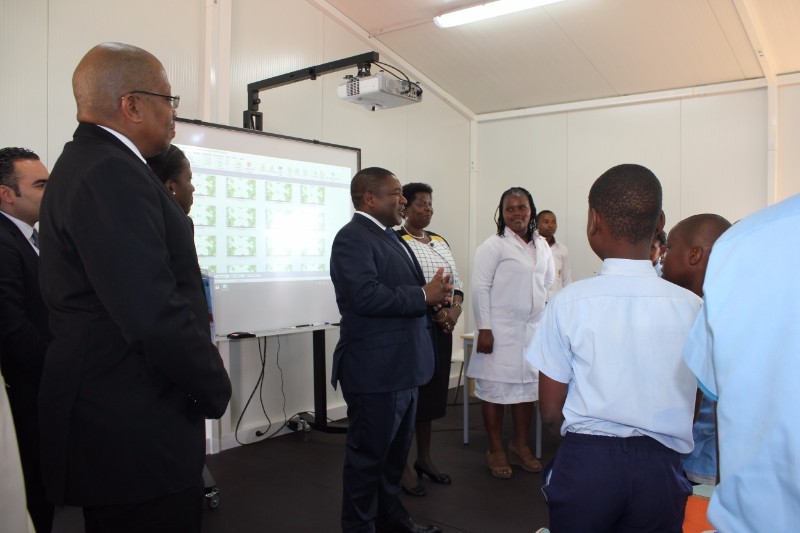
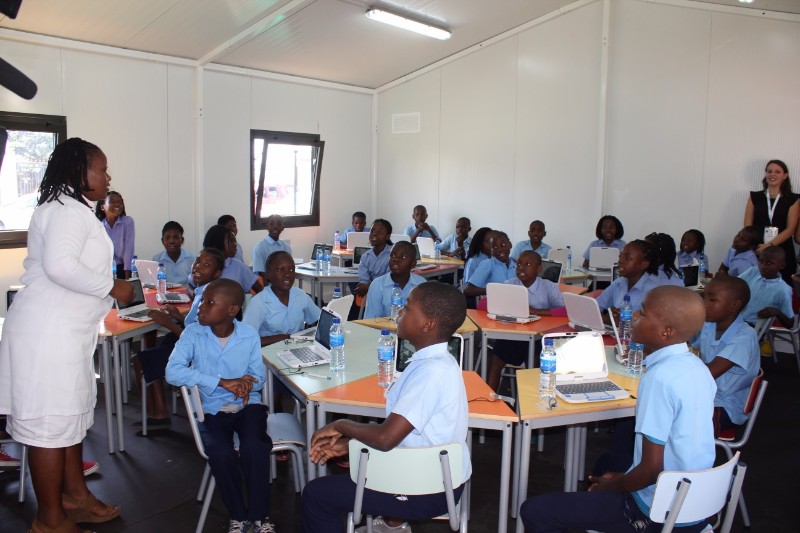
At the end of the first morning the Minister of Education and Human Development of Mozambique Conceita Sortane also made a point of visiting the Popup School and was very enthusiastic about the solution for its modularity, convertibility and easy implementation.
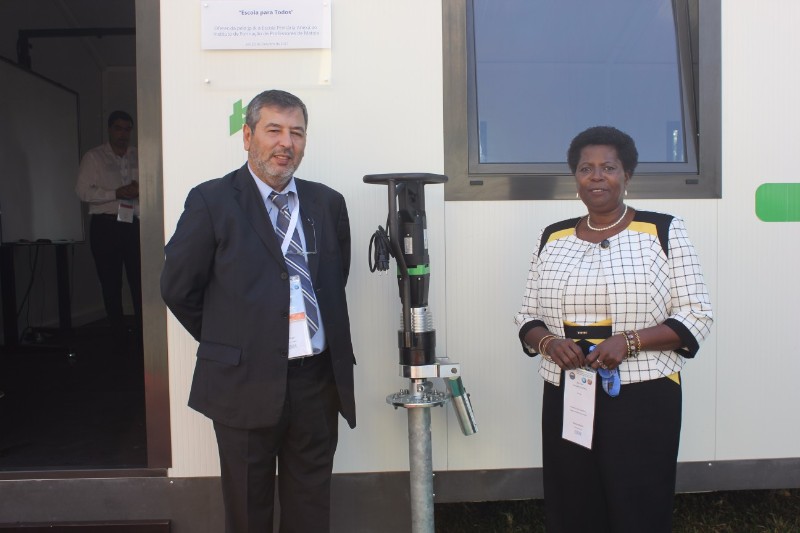
Nuno Oliveira, VP WW Sales & Marketing, led jp.ik’s intervention and took the stage with the presentation on “Projects with a vision for the Future of Education in Africa.”
For about 30 minutes, Nuno Oliveira led the participants in an inspiring journey of a decade of experience and knowledge in the segment of technology integration in Education that turned jp.ik the world’s biggest implementer of large projects of technological solutions for Education.
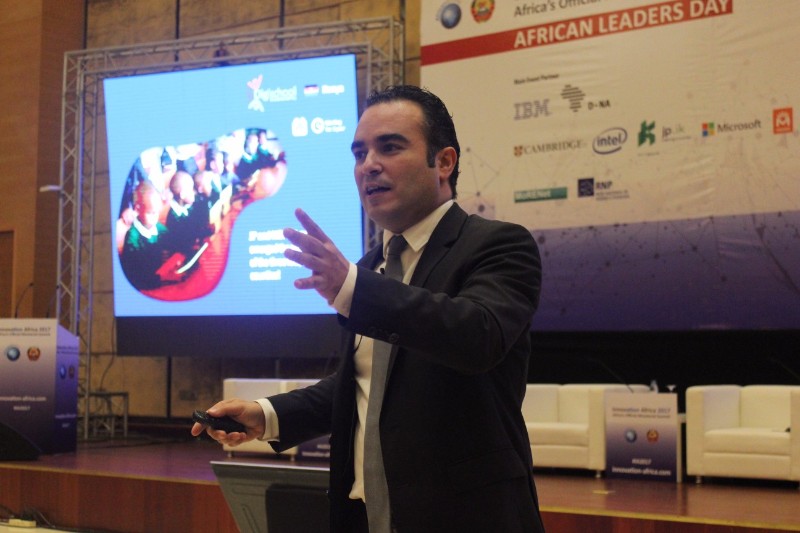
The closing of the first day culminated with the visit of several ministerial commissions to jp.ik’ s Popup School installed in the outer area of the event with the purpose of demonstrating the potential of this innovative solution.
At the end of this first day, jp.ik hosted all visitors of the Popup School with a cocktail in the garden in which the Popup School was installed, thus providing everyone a pleasant moment of fellowship.
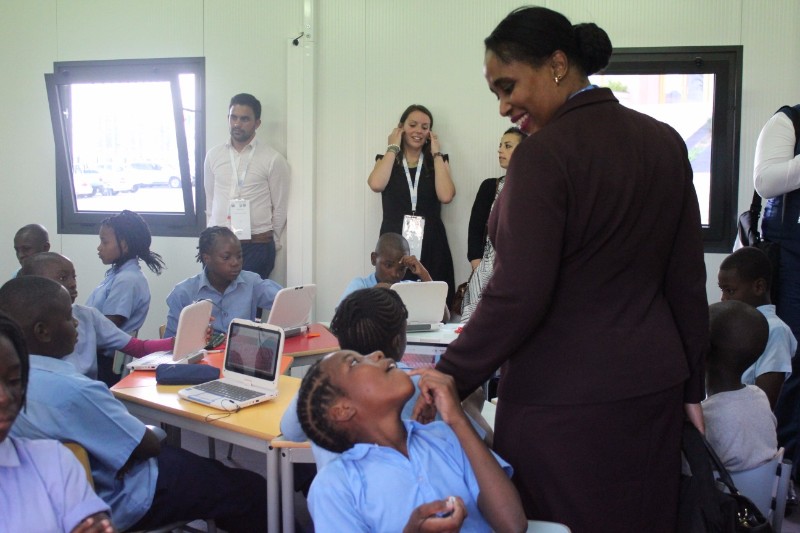
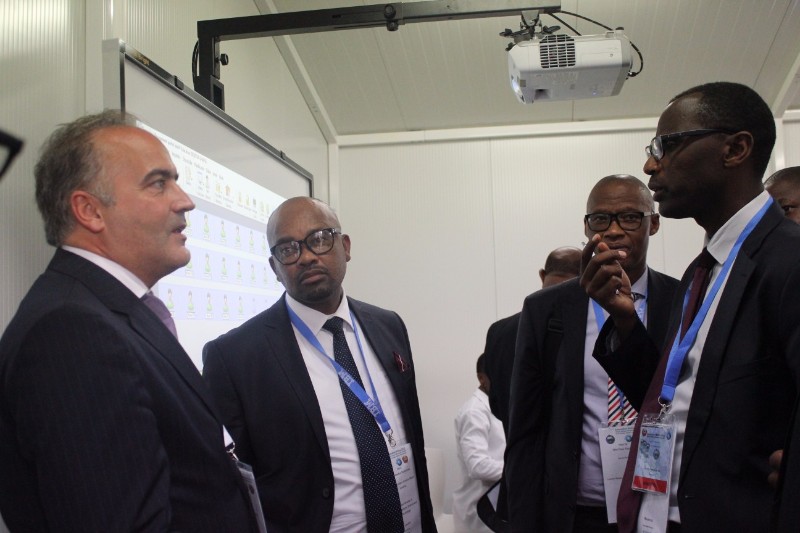
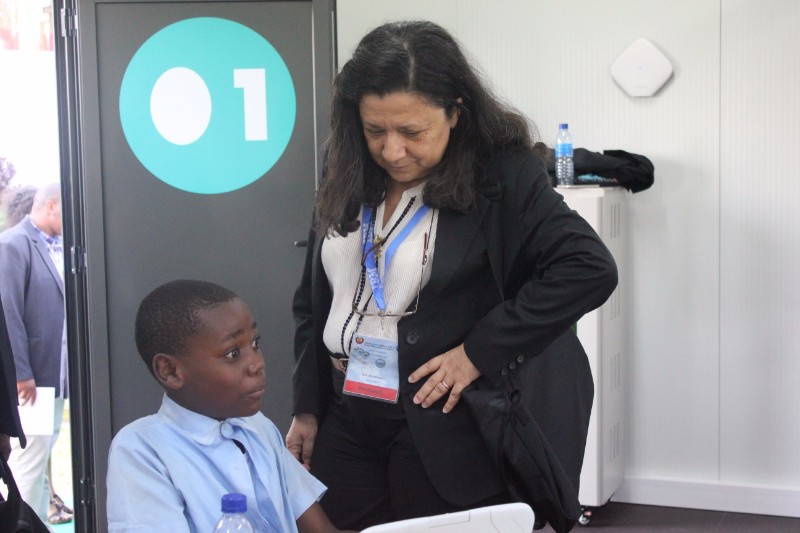
The agenda for the second day was divided into two moments. The morning session was devoted to panel discussions on themes such as the impact of the digital economy on Africa; the financing of Educational projects or the implementation of coherent Educational reforms in Africa.
The afternoon was dedicated to the holding of meetings between the African ministerial agents present at the event and the private sector partners, promoting the exchange of experiences, challenges and needs in order to efficiently leverage the transformation of Education in Africa.
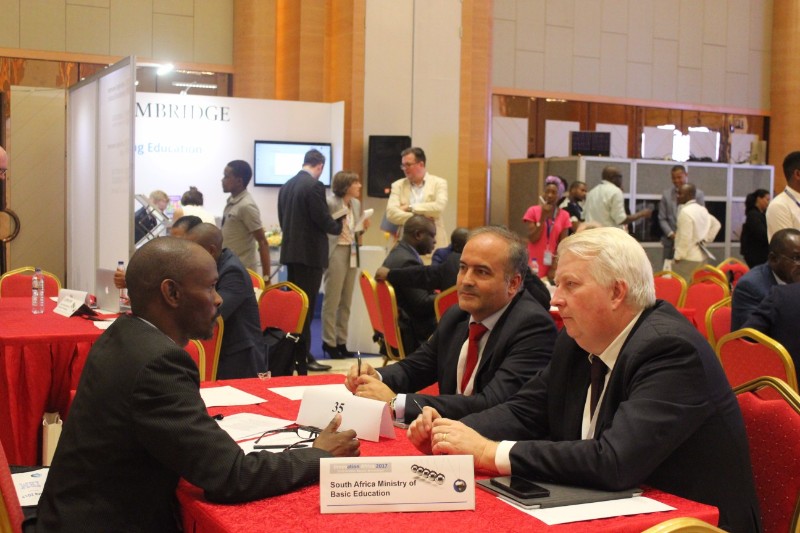
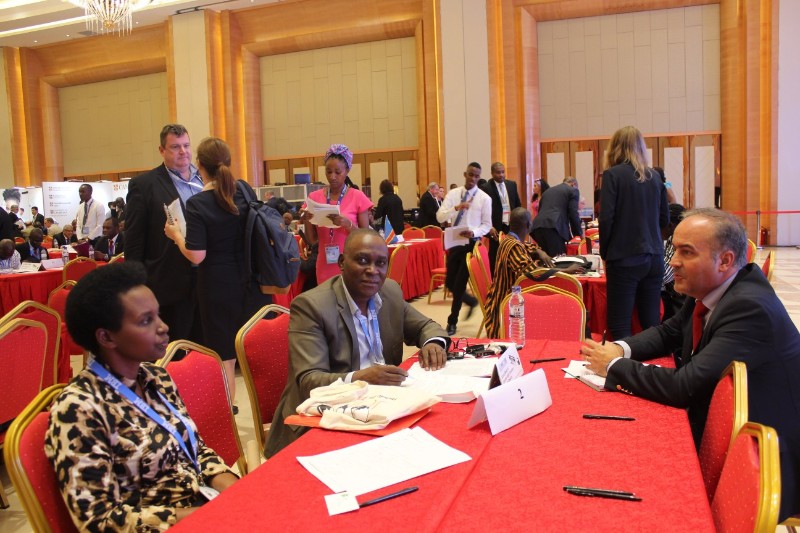
The agenda of this second day’s work was concluded with the presentation of the Global Monitoring Report on Education – Accountability in Education: Fulfilling our Commitments. “
Mr.Getachew Engida, Deputy Director-General of UNESCO and Dr. Demeke Mekonnen, Deputy Prime Minister of Ethiopia presented some of the main results of the UNESCO Report.
This 2nd edition of the Global Monitoring Report on Education (GEM Report) emphasizes that Education is a shared responsibility. All governments have a responsibility to leverage Education; however, all actors – from teachers and parents to students, international organizations and the private sector – play important roles in improving Education systems (UNESCO, 2017). In this sense, the Report presented this late afternoon demonstrates that not all accountability methods are leveraging the achievement of the fourth Sustainable Development Objective – Quality Education. In fact, “in some parts of the world it is increasingly common for teachers and students to be penalized for poor evaluation results in the name of alleged attempts to improve the quality of teaching and learning” (UNESCO, 2017).
Therefore, one of the recommendations outlined in this Report reflects the need to approach with caution the methods of accountability to avoid opposing and unintended consequences.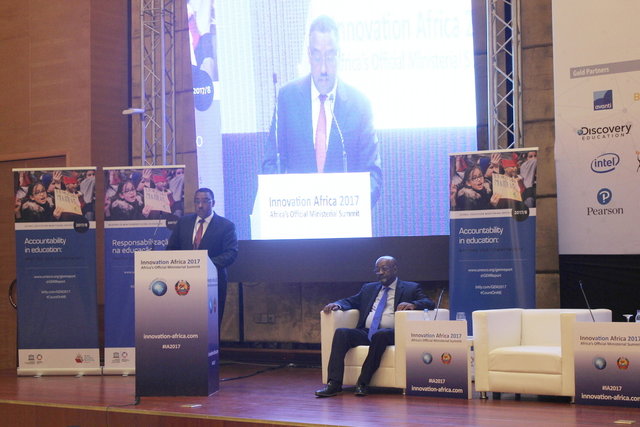

On the morning of the third day Nick Broda, Sub-Saharan Africa Senior Business Manager, moderated the panel discussion “Public-Private Partnerships for Education and Innovation Projects”. This panel discussion included Dumisani Ndlangamandl, the Minister of Information, Communications and Tecnology of Swaziland, Nadine Patricia Anguile Obame, Minister of Education and Higher Education of Gabon; Jesus Engonga Ndong, Minister of Education and Science of Equatorial Guinea; Dr. Martine Mtonga, Permanent Secretary of the Office of the Presidency of Zambia (Smart Zambia); and Noel Chikhungu, Director of Information and Communication Technologies of the Ministry of Education, Science and Tenology of Malawi.
During one hour the specifics inherent to the formalization of a public-private partnership in the context of Education projects were discussed, the importance of a clear and unambiguous definition of the roles of each one of the entities and the importance of an efficient coordination of all the agents involved In the project.
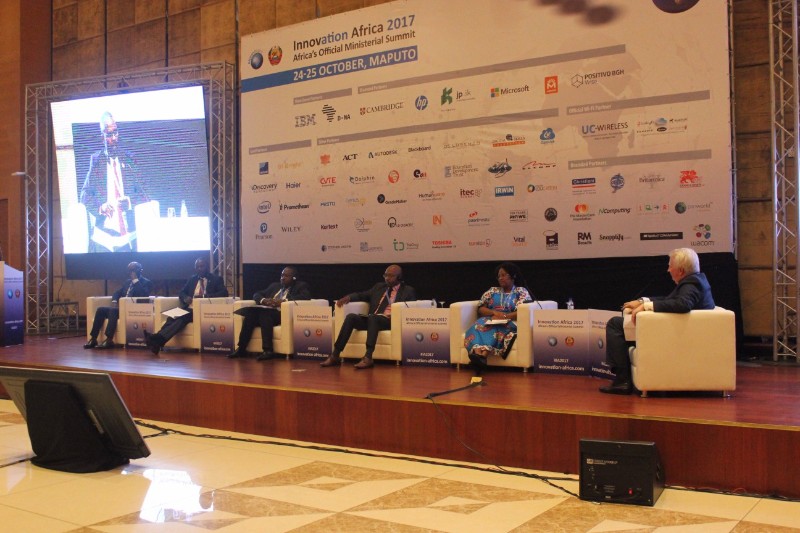
After three days of exchanging experiences, opportunities and projects, the challenge is to leverage Education on the African continent, with a strong focus on digital literacy, inclusion and gender equality and opportunities.

